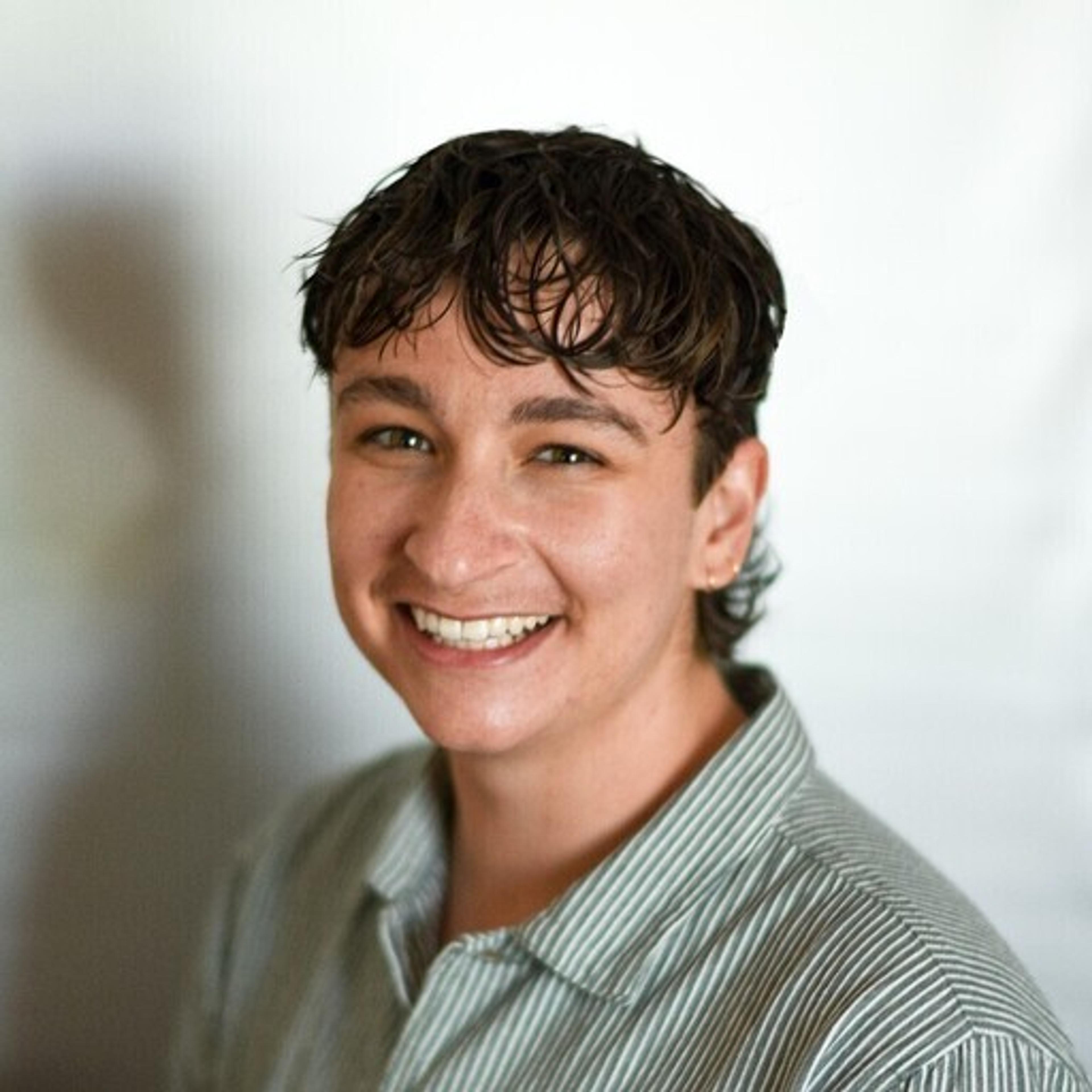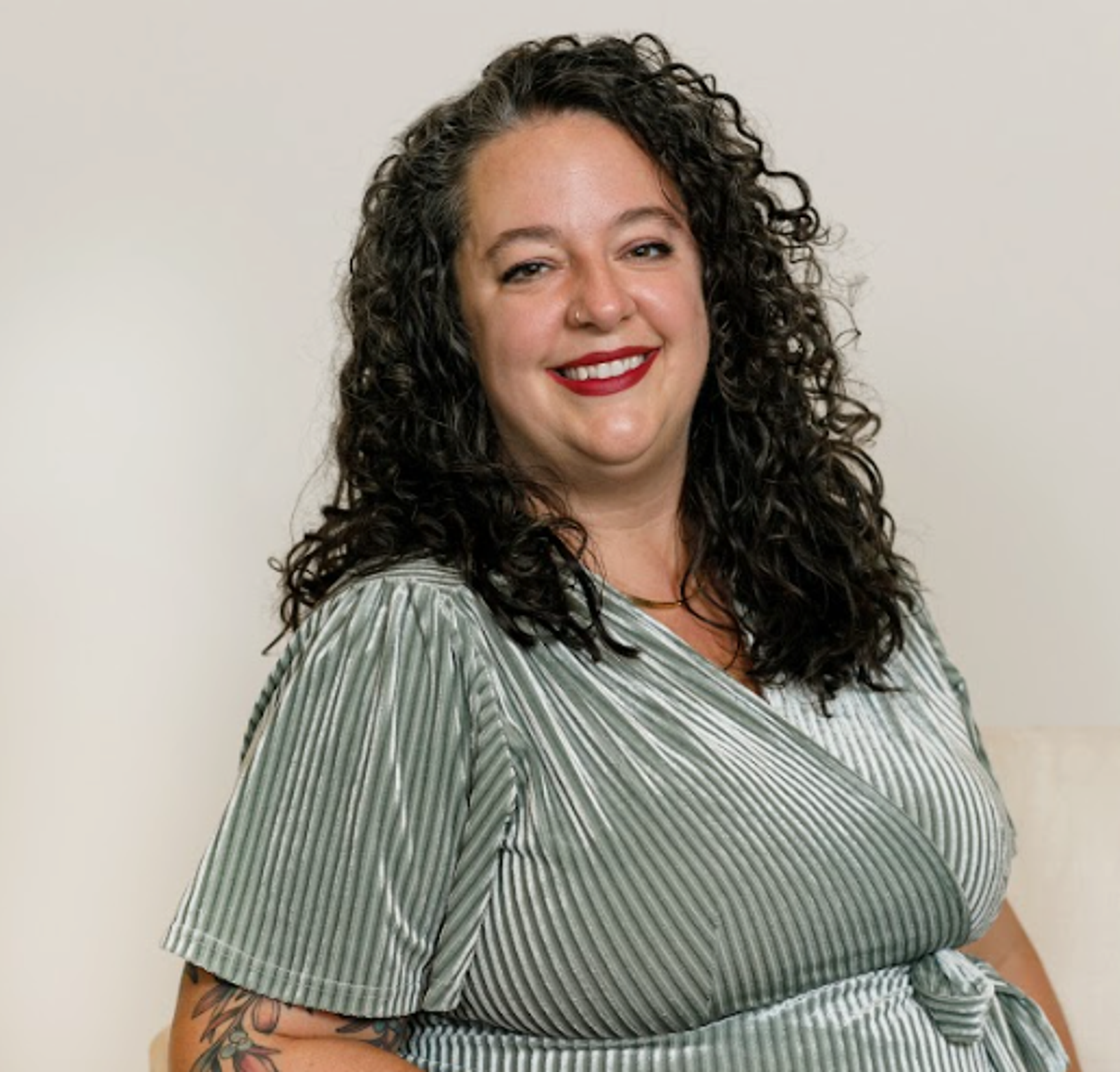


The Health At Every Size, or HAES, approach in healthcare has roots all the way back to the 60s, and has been a growing movement ever since. It’s a framework that shifts from fixating on a patient’s weight to focusing more holistically on their health, pushing back on anti-fat bias and stigma.
Most providers today still use weight as an important measure of a patient’s health, but recent studies have found concerning risks to this approach. A study from 2020 showed that putting patients on diets can actually increase the likelihood of weight gain or an eating disorder while another study showed that fat women who purposely lost 15% or more of their weight were two times more at risk of death. Several other studies have indicated that many providers hold biases against patients in bigger bodies, and these patients receive inferior quality care as a result.
So how does the HAES approach remedy these longstanding gaps in treatment and what does it look like? Carise Rotach, MA, LMFT, and Equip’s Therapy Manager, answers common questions providers have about the HAES approach and how it can benefit patients.
What are the key characteristics of the HAES approach, and why are they important?
Perhaps the most important tenet of HAES approach is decoupling weight and health. Medical weight bias assumes illness for fat people and assumes wellness for thin people. HAES asks us to go beyond the metric of weight when determining someone’s health or illness status. This approach also calls on health care providers to unlearn the pattern of recommending weight loss as a cure-all for illness— a default recommendation that can lead to folks going undiagnosed, misdiagnosed, or in some cases cause proper medical care to be withheld.
HAES-aligned providers overwhelmingly provide more robust medical care for patients, regardless of size, and engage in more comprehensive diagnostic measures to ensure they identify the root source of illness.
Why is BMI an unreliable measure of health? What other metrics should providers focus on instead?
In the most simplistic way, the BMI is a data scientist’s nightmare. Firstly, the BMI was created to be a basic equation squaring weight and height in order to categorize middle aged white cisgender European men. The creator of the BMI took the bell-curve of the data spread and planted a spot right in the middle calling it the “ideal” size. This metric was then used by insurance companies to identify which members would be too “high risk” to insure, based solely on the equation of their height squared with weight.
Of course, we can see that this metric offers no detail about genetics, cultural background, whether this person is a smoker, whether they have vaccines or a skydiving habit. It’s an incredibly poor metric of health. At worst, the BMI has a racist history as described in The Bizarre and Racist History of the BMI. The metric of the BMI was misappropriated by people who believed in eugenics and superiority of folks who fell within the “ideal” category of weight. Because of the over-reliance of the BMI metric, many folks, often of marginalized identities in western culture, are denied medical care, medically-necessary procedures, life-saving medication and specialty care.
A world without BMI as a metric would place much more focus on the function of the person’s body and overall wellness. For example, a provider can discuss blood pressure without tying it to BMI by investigating their family history, addressing a person’s sleep habits, taking into consideration any sociological stressors, need for gender-affirming care, or racial trauma. Providers can ensure access to medical care, and ultimately still provide medication as a life-saving measure. In short, providers can choose to see the person in front of them as deserving of full and complete care.
What could treatment goals look like under the HAES approach?
At Equip, our treatment goals include stabilizing nutrition intake, ceasing eating disorder behaviors, restoring weight to target weight range (some folks won’t have this goal if they aren’t below target), and examining cognitive distortions. Target weight is determined by growth trends, physiological indications of the body functioning, and mental health stabilization. Additionally, we work within cognitive behavioral therapy frameworks to challenge narratives around body ideals and fat-phobia. Outside of eating disorder treatment, goals can reflect a patient’s wishes; sleeping better, feeling better, having better relationships, etc. Removing weight as a focus opens up possibilities for patient-centered and patient-authored care.
How can you introduce a patient to HAES after years of them believing an opposite message?
Ultimately, we must meet people where they are in a non-judgmental manner. The patient may experience fear and grief as they unpack years of mistreatment. It’s common that people can identify and challenge outside messages easier than they can their own internalized fatphobia and biases. Perhaps they have a recent trigger, such as gaining "pregnancy weight" or going through a co-occurring mental illness. With patience and openness, people can start to question fatphobia and anti-fatness when they encounter it, internally and externally, in the same way that people can become fluent in another language.
A common response to HAES is, “Isn't it unhealthy to be fat?”, can you break down why this isn’t true and how people can be healthy at every size?
Healthy people come in all shapes and sizes and unwell people come in all shapes and sizes. By over focusing on weight instead of more relevant data points, we aren’t addressing systemic root issues. We can’t operate from a one-size-fits-all definition of health.
Fat people are healthy when they are able to have access to comprehensive medical care, access to joy and pleasure, support in relationships, engage with a world that doesn’t wish for their disappearance or “curing” of their body, and generally practice bodily empowerment and autonomy.
- Gudzune, Kimberly A., Wendy L. Bennett, et al. “Patients Who Feel Judged about Their Weight Have Lower Trust in Their Primary Care Providers.” Patient Education and Counseling 97, no. 1 (2014): 128–31. https://doi.org/10.1016/j.pec.2014.06.019.
- Ingram, D D, and M E Mussolino. “Weight Loss from Maximum Body Weight and Mortality: The Third National Health and Nutrition Examination Survey Linked Mortality File.” International Journal of Obesity 34, no. 6 (2010): 1044–50. https://doi.org/10.1038/ijo.2010.41.
- Memon, Areeba N, Asavari S Gowda, et al. “Have Our Attempts to Curb Obesity Done More Harm than Good?” Cureus, 2020. https://doi.org/10.7759/cureus.10275.
- Your Fat Friend. “The Bizarre and Racist History of the BMI.” Medium, October 18, 2019. https://elemental.medium.com/the-bizarre-and-racist-history-of-the-bmi-7d8dc2aa33bb.







